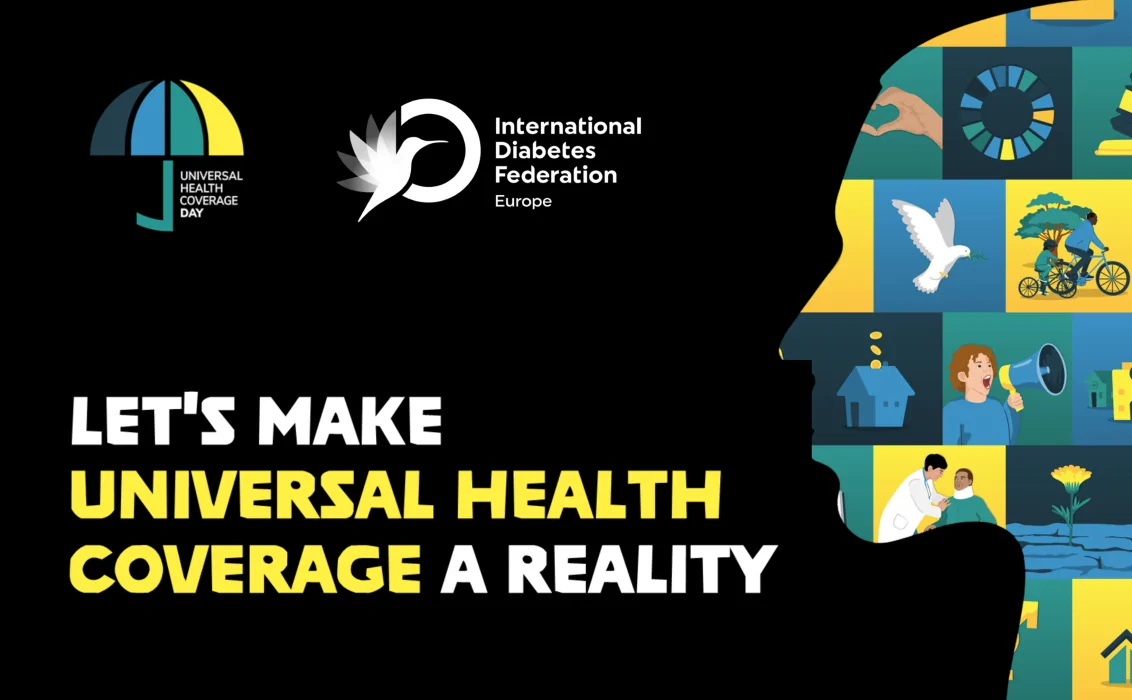On June 22, 2021, the Council and the European Parliament announced that an informal deal on a legislative proposal concerning health technology assessment (HTA) had been reached. This was a decisive breakthrough, considering a common approach has been more than three years in the making. The agreed position must now be endorsed by the Council’s Permanent Representatives Committee (Coreper), which will be followed by adoption by the Council and then the European Parliament. The new rules will gradually become applicable three years from the date the regulation is entered into force.
IDF Europe supports EU-level cooperation in assessing the effectiveness of new health technologies to enhance access to medicinal products and medical devices for people living with diabetes (PwD) and simplify the submission procedure for producers of health technologies. The regulation will also be an important building block towards the creation of a European Health Union, and, if properly implemented, will foster the adoption of innovative health technologies, which will ultimately benefit people living with diabetes, healthcare systems, and the industry alike.
The EU needs to speak with one voice on clinical evidence: HTA should deliver a robust European capacity for clinical assessments and strengthen the function of the single market for various health technologies. While IDF Europe welcomes the decision on the implementation period of five years, we regret that Member States (MS) will only give ‘due consideration’ to joint clinical assessments rather than be obliged to use them in their national procedures. Parallel assessments by multiple MS and divergences in national laws and regulations often lead to the duplication of efforts and variations in outcomes, thus increasing the financial and administrative burden and impeding the efficient movement of health technologies across the internal market.
IDF Europe would also like to reiterate its firm belief that all clinical data being evaluated as well as consultations with stakeholders should have the highest level of transparency and public awareness. It is also essential that civil society and patient organisations are included in all decision-making processes from the beginning and meaningful stakeholder engagement must be guaranteed.
When the time comes to implement the new HTA regulation, it will be essential that a common EU-wide approach pertaining to patient engagement is devised to promote continuity of engagement and involve PwD as early as possible, to give them the full picture and empowered them to drive the innovation agenda. Underpinning this will be the need to treat PwD and those living with other conditions as equal partners in the process. Inclusive and transparent joint consultations can only happen with the meaningful engagement of PwD, as they are the best placed to make decisions concerning their care. Sustainable engagement should be ensured throughout the lifecycle, from early dialogue and topic identification to evaluating reports and re-assessment.



